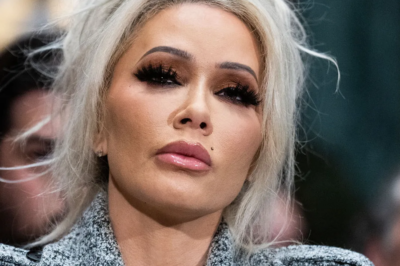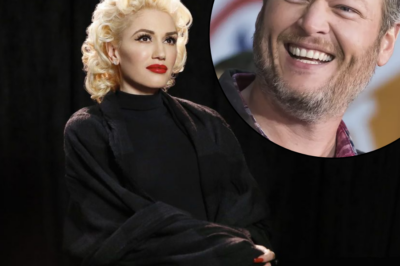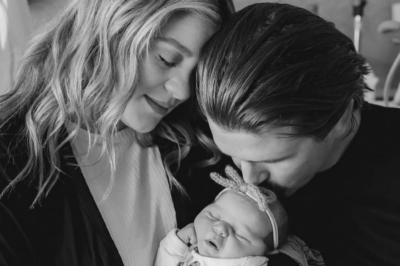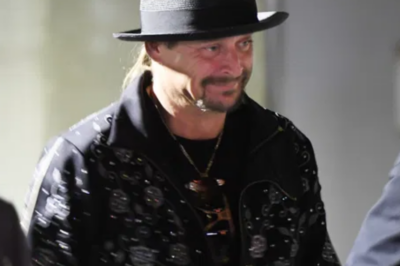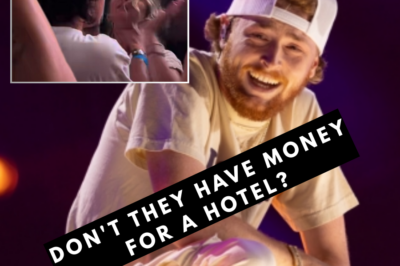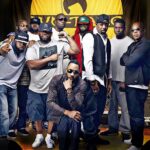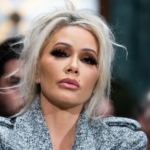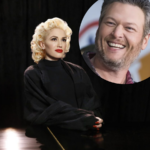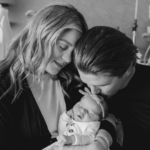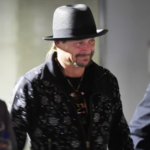Beyoncé’s ‘Cowboy Carter’ tour celebrates country music while also holding it accountable

Beyoncé’s “Cowboy Carter” tour has been a unifying celebration of joy, movement and intentional fashion, as an ode to to country music’s true roots. Simultaneously, she seamlessly holds the genre accountable for its historical and ongoing exclusionary bounds.
The Grammy-winning singer first debuted her “Cowboy Carter” tour at SoFi Stadium in Los Angeles on April 28 with 39 songs on the set list. The concerts have been revolutionary shows filled with family, fashion, different music genres, and most notably country music and cultural commentary.
Beyoncé opens up her show with her song “Ameriican Requiem,” in which she sings “for things to change they have to stay the same.” Later in the song she sings, “They used to say I spoke too country and the rejection came, said I wasn’t country ‘nough.”
She goes on to sing her her Beatles cover “Blackbiird,” inspired by the Civil Rights Movement, “The Star-Spangled Banner and “Freedom” — the theme song of Kamala Harris’ presidential campaign. Then she wraps up the night’s first act with “Ya Ya” — “whole lotta red in that white and blue.”
At another point of the show a message appears on the backdrop: “Never ask permission for something that already belongs to you.”
A.D. Carson, associate professor of hip hop at the University of Virginia in Charlottesville spoke to that message of belonging.
“Country music is as much a place for an artist like Beyoncé as any of the artists who have dominated country for the past 25 years,” Carson says. “So I wouldn’t call it a reclamation but a reminder that all of American pop music — no matter the genre — owes a debt of gratitude and much more to the unsung Black artists who were pioneers in those genres so that they could become what they are today.”
Messages and motifs throughout ‘Cowboy Carter’ and its tour
As fans know, Beyoncé first released the 27-track project in March 2024. It has since made history and broken multiple records. As Beyoncé’s first country album, she deliberately featured country legends and emerging Black country artists alike.
Beyoncé’s Cowboy Carter and the Rodeo Chitlin’ Circuit Tour doubles down on this notion down to the name.
Historically, the “Chitlin’ Circuit” was a network of venues that embraced and employed Black musicians who were otherwise shunned from white theaters during the Jim Crow era. The performance theaters and clubs would host some of the best talent in American history.
Since the album’s release, Beyoncé has made it clear why she felt inspired to highlight the country’s roots — often misperceived or erased entirely — while also celebrating her own country roots and Southern heritage. And this powerful intersection comes to life on her tour.
A celebration at the core and a continuous teaching moment
“Sometimes we want things to be one thing or the other, like we make it into the false choice between celebration and protest,” Carson says. “But very often as a Black person in this country, your celebration is protesting even if you don’t mean it as such. People receive it that way and so they interpret it as being protesting.” Carson emphasizes the power of duality.
“We can do multiple things at once,” he says. “And so while we’re being entertained, we can be critical and we can be learning and we can be teaching.”
With this project, Beyoncé became the first Black woman to win best country album at the 2025 Grammys and also took home album of the year. Her tour is a celebration of country music, while spotlighting the complex truth: Black people helped build the genre and are still ostracized today. It’s a place where fans from all different races and backgrounds come together and enjoy country music in its fullness and its true roots of diversity without forgetting the history and the current backdrop it’s up against.
“It’s probably always wise for us to look at — especially at moments of political or social turmoil — the kinds of things that people turn to for entertainment,” Carson says. “This happening right now should tell us something about who we are and maybe something about who we aspire to be as much as it tells us about who we were and who we thought we were.”
Through her genre-bending performance, Beyoncé reinforced the statement printed on her merchandise: “This Ain’t A Country Tour, It’s A Beyoncé Tour.” However, it’s clear the tour wasn’t just a country music tour.
“It’s fundamental to our understanding of the world right now to listen to Black cultural producers. And the reason that it’s important is not just because they entertain us, but because of the ways that they say the things that end up being unsayable in other forms or undoable in other forms,” Carson says. “So a Black woman’s country album right now tells us something. It tells us many things about right now.”
Fashion that makes a real statement
Beyoncé wears custom Telfar on night three of ‘Cowboy Carter’ tour in New York
In addition to the music, Beyoncé’s tour has been a huge showcase of fashion. Each night, Beyoncé continues to blend high fashion with custom Western glam. There’s been lots of sparkly chaps, cowboy hats, boots and fringe. Most notably, there’s been a significant amount of American flags and red, white and blue. She has also made a point to put a spotlight on Black-owned brands such as Telfar.
During her New Jersey tour stop, Beyoncé donned a Black Yankees varsity jacket. The New York Black Yankees were a professional Negro league baseball team. They were founded in 1931 to provide an avenue for Black players amid racial segregation in Major League Baseball. Again, another deliberate but fashion-forward choice that nods to Black history while highlighting a version of Americana that has long existed.
This tour has also inspired fans of all demographics to embrace cowboy and Southern culture with their wardrobe. Beyond the inevitable teaching moments it sparks, joy has remained at the heart of it all — whether it’s the thrill of new merchandise or curating the perfect outfit.
“Allow yourself to be entertained,” Carson says. “But also allow yourself to be challenged. And allow yourself to be critical because you don’t have to be uncritical in order to be entertained.”
News
Bunnie Xo didn’t hesitate to open up about why she gave Jelly Roll a second chance after the singer’s infidelity, but there would never be a “third time.”
Bunnie Xo Reveals Why She Gave Jelly Roll a Second Chance After Affair, But Would He Get a Third? ‘Absolutely…
Gwen Stefani was the “only person” to vote for Blake Shelton to be named “Sexiest Man in the World”.
Carson Daly Jokes Gwen Stefani Was the ‘Only One Voting’ the Year Blake Shelton Was Named Sexiest Man Alive The…
Lauren Alaina speaks out after becoming a victim of online body shaming that left her furious.
Country Star Issues Blunt Response After Being Criticized for Her Appearance: ‘I’m Seething’ Lauren Alaina is speaking out after falling victim…
Resurfaced clips of Kid Rock’s creepy comments about the underage Olsen twins are back to haunt us all
Kid Rock just can’t help making the news these days. If only it was for good reasons! This week alone,…
Unbelievable: Couple goes viral on social media for “BDSM love-fest” at Bailey Zimmerman concert.
Florida Couple Goes Mega-Viral For Shocking Display Of PDA At Bailey Zimmerman Concert I’m not going to yuck someone’s yum,…
Once highly praised by Elon Musk, an investment decision by Bill Gates turned into a disaster, resulting in losses exceeding $10 billion.
Once highly praised, one of Bill Gates’ investment decisions turned into a disaster, resulting in losses exceeding $10 billion More…
End of content
No more pages to load


